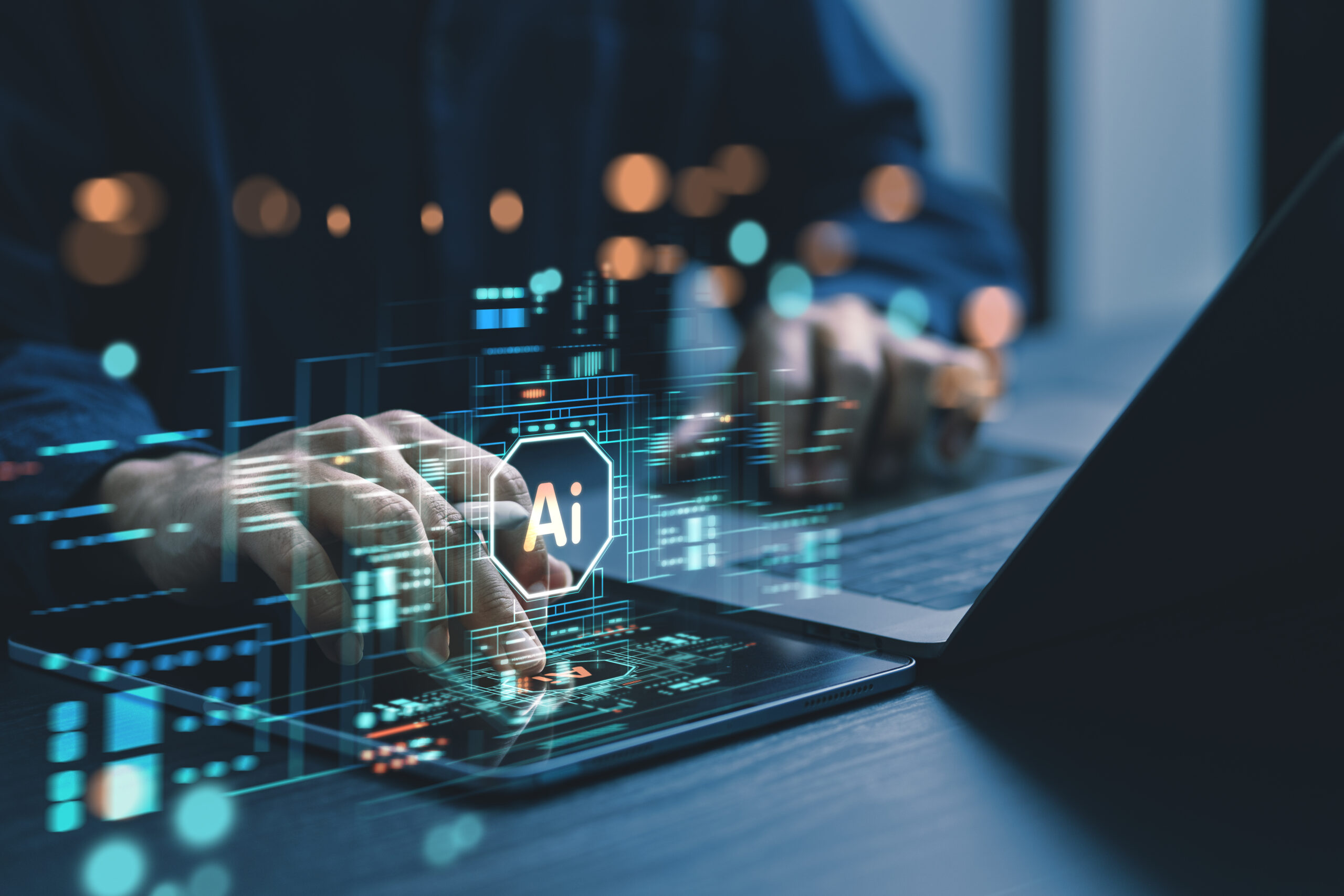News

How Control Engineers are Incorporating AI into their Workflow
We asked multiple team members this question and more – here were their combined answers:
How do you use AI in your daily routine?
Magnum Systems’ controls integration team uses AI every day in some manner. For instance, when a team member collaborates with another subject matter expert, whether internal or external, it always depends on their availability. Our team considers AI a versatile productivity tool that enhances their daily work. More specifically, we use AI tools as technical sounding boards, which allow us to perform broad strokes research on technical topics. It is also used as a rapid prototyping assistant for small sections of code and to explore new technology, often acting as a sanity check for technical ideas. Most team members are adept at using the capabilities as a support resource for documentation, organization, and project planning.
What questions are you asking it?
Magnum’s controls integration engineers use AI tools to explain a topic, generate an example equation or model, or provide suggestions for creating a code section. These powerful AI tools can provide detailed answers, offer opportunities to get information from various sources quickly, and spot patterns within technical data. Some users request broad information that helps them understand a topic conversationally. Others ask detailed questions about specific types of hardware, software versions, tools, or how technical instructions behave in a real-world application. Valuable information almost always leads to users validating answers by leveraging the details that frequently accompany it.
How is it improving your job performance?
Magnum’s controls integration team uses AI to augment our technical expertise rather than replace it. It cuts down on the time it takes to research topics from scratch, allowing us to hold virtual brainstorming sessions without involving additional participants. It offers valuable second perspectives and speeds up our execution of repetitive tasks, resulting in quicker problem solving and the capacity to prioritize strategic work directly. Our multilingual engineers use AI to absorb information and tackle challenges more efficiently by conversing in their native language and quickly switching languages for results. Ultimately, AI enables our controls integration team to maintain a prioritized overview of essential tasks such as project documentation, which is crucial in the systems we develop.
What is the focus of AI work? Main control, HMI, testing, documentation?
Today, fewer than half of Magnum’s controls integration team uses AI tools for code generation. Instead, we leverage these capabilities to perform tasks such as brainstorming HMI layouts and user flows, identifying patterns in control code, and validating solutions. We also use AI to validate approaches in software across different versions or various hardware platforms. Our engineers regard these activities as supplementary to their project work, with AI serving as an assistant. Detailed workaround architecture and code are still fully engineered, reviewed, and validated by a Magnum controls integration engineer.
What are the Legal implications, if any, based on clients hiring professional engineers and expecting them to do the work? Should you reveal if AI was used?
This is probably not a client discussion point in how our company uses AI today. Using AI as a tool (like a calculator, CAD software, or a scripting assistant) shouldn’t require disclosure as long as the human engineer critically reviews, validates, and owns the final product. We are trusted advisors to our clients, not merely contractors, and it is essential to maintain trust and transparency. That means we, as professionals, are responsible for ensuring the quality, judgment, and accountability behind everything we deliver, regardless of whether AI helped speed up the process. This position will evolve if our organization’s use of AI advances toward full code generation and essential documents like testing plans. At that point, this would become a primary discussion with our clients.
What are your thoughts on validating core control code and whether that will yield an overall benefit in terms of time or performance, or will real engineers spend longer testing?
This will not be a reality at Magnum Systems in the short term. Generic, public-access AI systems shouldn’t be used to develop algorithms that handle core code. Any technical service provider must honor the confidentiality agreements with their clients and safeguard the proprietary information they’ve been entrusted with. Therefore, the ability to develop and train these tools remains somewhat distant.
Our team consistently feels that no amount of AI can replace the need for real, experienced engineers to validate detailed logic. The stakes with our clients are too high when it comes to machinery, safety, and production reliability.
In the short term, the best-case scenario is that AI advances to a point where it can consistently provide higher-quality starting points for things like templates, test cases, and verification models. This will allow our engineers to spend less time on repetitive, low-level tasks and free them up to focus on edge cases and risk management.
Posted In: Bakery Industry, Beverage Industry, Blogs, Chemical Industry, Consumer Goods, Distilleries, Food Industry, Life Science Industry, Metals Industry, News
